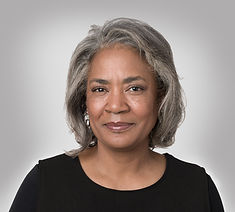Challenges of Aging



The aging process brings profound changes that can challenge our sense of self and place in the world. While aging is a natural part of life, its emotional impact often goes unacknowledged in our youth-oriented culture.
Changes in appearance and physical capabilities can deeply affect our self-image and confidence. The reflection in the mirror may feel increasingly unfamiliar, and activities that once came easily might require more effort or adaptation. These shifts can challenge our sense of identity, stir up anxiety, self-criticism, or depression, and require us to develop new ways of relating to our changing bodies.
The departure of adult children (or grandchildren), or retirement from a long career, can create a vacuum where purposeful activity and defined roles once existed. These transitions often prompt fundamental questions about identity: Who am I beyond being a parent or professional? What gives my life meaning now? Finding new sources of purpose and redefining one's role can be both challenging and enriching.
In a rapidly changing world, older adults may experience feelings of disconnection or irrelevance. Technology evolves quickly, cultural references shift, and younger generations may seem to speak a different language. This can lead to a sense of isolation or feeling out of step with contemporary life.
Confronting health challenges and the reality of mortality can trigger anxiety and existential questions. Watching peers face illness or losing loved ones brings grief while also raising concerns about one's own future.
Many people in middle age and beyond face the emotional complexity of caring for aging parents while managing their own aging process. This dual journey can stir up complicated feelings and force us to confront our own mortality.
Through Therapy in Small Doses, we can explore these challenges together, finding ways to acknowledge losses while discovering new possibilities for growth, connection, and meaning in this important life stage.



